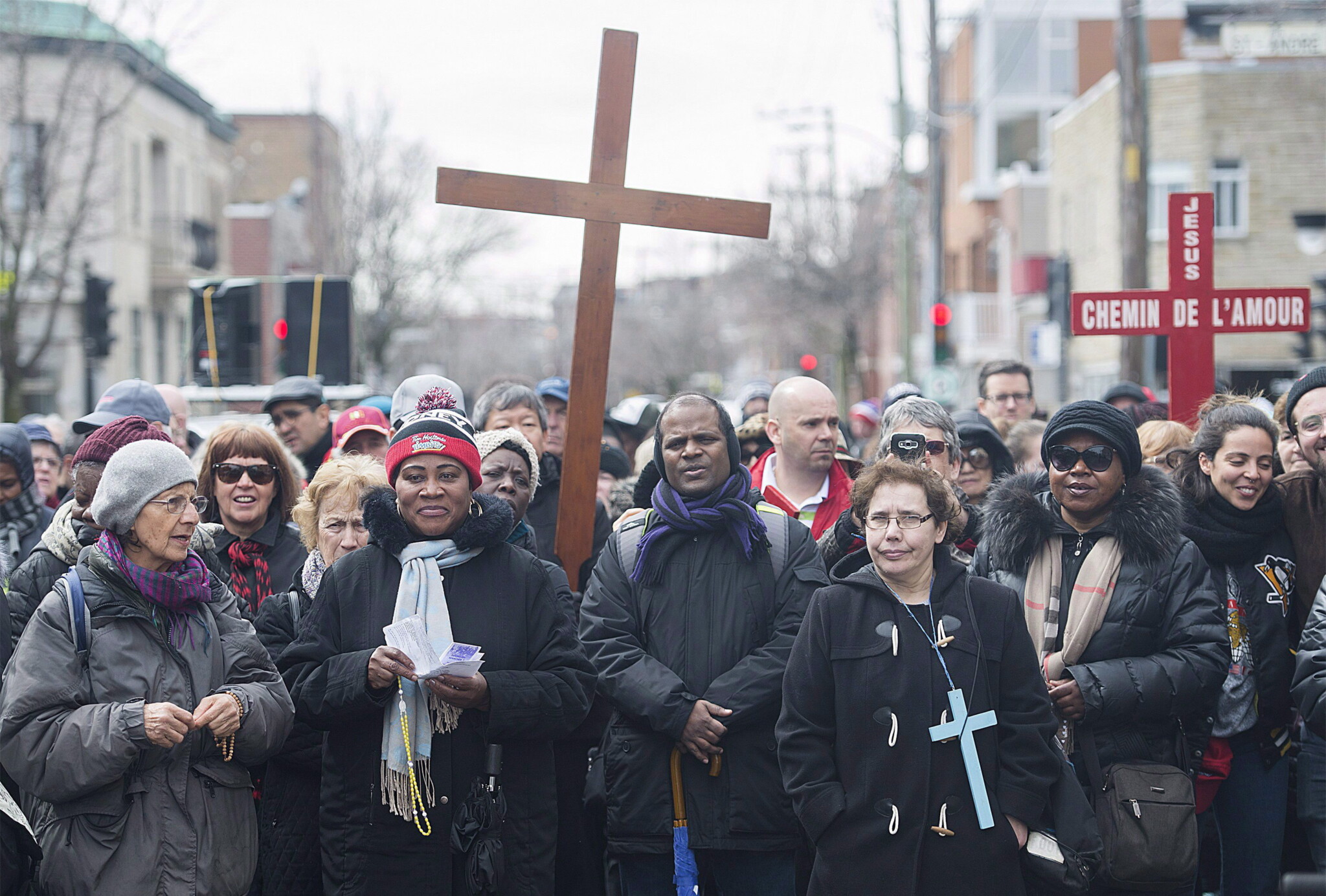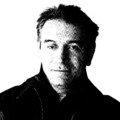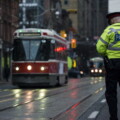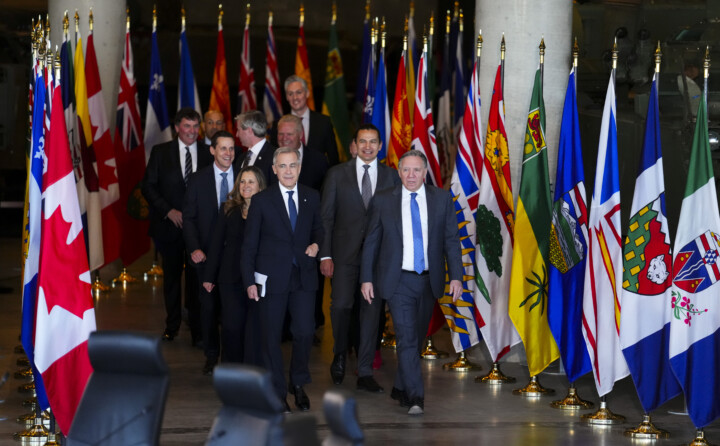In this week’s Hub book review, Patrick Luciani examines Believe: Why Everyone Should Be Religious, by Ross Douthat (Zondervan, 2025), which makes the case for why everyone should give faith a shot.
Conversions from one religion to another are nothing new, but after decades of declining church attendance and rising atheism and secularism, it may surprise some that there’s a growing, albeit slight, trend back to Christianity. There’s even a big-city hipster movement back to St. Peter’s Church, following the path of artist Andy Warhol, a devout Catholic.
But every conversion is unique and often surprising. While researching this piece, I was captivated by the fact that baseball legend Hank Aaron converted to Catholicism, as did actors Gary Cooper and John Wayne. Even Ernest Hemingway converted, though it apparently didn’t take.
In Canada, we have Conrad Black, who converted and was drawn to the Roman Church’s unbroken 2000-year-old institution, while Marshall McLuhan found inspiration after reading G. K. Chesterton.
In the U.S., there has been a surge in prominent conversions to Catholicism, likely driven by the desire to revert to the more formal and rigid conservatism many find in the Catholic Church despite Pope Francis still sitting in St. Peter’s chair. Those on the right include Fox commentator Laura Ingraham and Vice President JD Vance. Even President George W. Bush came close to converting.
Ayaan Hirsi Ali, the author and former Muslim who became an atheist has now embraced Christianity. She contends that the West requires a strong faith to counter the growing influence of a confident Islamic world shaped by the Muslim Brotherhood.
Yet the debate over the past decades has been dominated by the powerful arguments against theism by the atheism of the deadly four, Christopher Hitchens, neuroscientist Sam Harris, biologist Richard Dawkins, and philosopher Daniel Dennett. Hitchens’ book god is not Great: How Religion Poisons Everything was a broadside at all formal religions, writing “We are created sick, and then ordered to be well.” His passing greatly relieves those who might have been bold enough to challenge his debating skills.
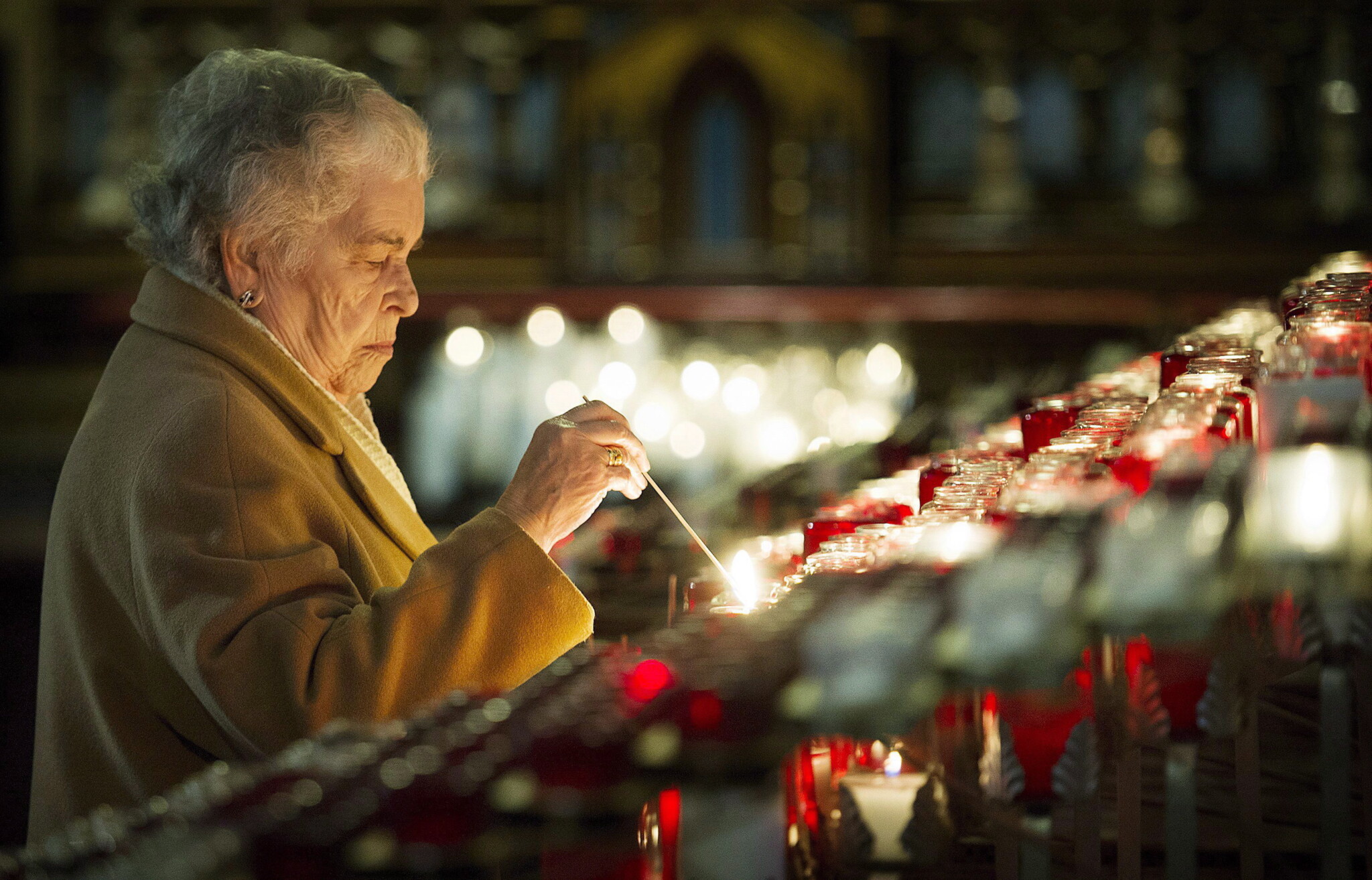
A woman lights a candle at the Notre-Dame Basilica in Montreal, Friday, April 14, 2017. Graham Hughes/The Canadian Press.
One who once challenged Hitchens’ brilliance and admitted defeat is the well-known conservative religious writer New York Times columnist Ross Douthat. He converted to Catholicism when he was 18, an age when most teens drift away from formal religions. His recent book, with the imperative title, Believe: Why Everyone Should Be Religious, is, to my thinking, an answer to Hitchens’ book.
Believe begins with a Gerard Manley Hopkins poem with the first line: “The world is charged with the grandeur of God.” This is the basis of Douthat’s defense of religion. The world itself is proof of God’s presence. We live in a mystical world where science, especially neuroscience, doesn’t have, and never will, have all the answers.
Douthat argues that belief is not rooted in some abstract philosophy understood only by intellectuals, or that we have to make a leap of faith as instructed by Soren Kierkegaard. He posits that reason and common sense still point to a world with God at its centre, which connects humans to the supernatural. Historically, science was perceived as antagonistic to belief, as the more we uncover about the natural world, the further God is pushed to the margins.
This was Hitchens’ point of view when he writes that Moses and his unimpressive burning bush were puny compared to the dazzling images of the Hubble telescope, the beautiful symmetry of the double helix, or Stephen Hawking’s discovery Black Holes and of the event horizon.
Douthat turns this on its head, arguing that these discoveries actually provide meaning and evidence to “divine experience, the hidden architecture, the secret truth.” Catholicism doesn’t oppose reason; it embraces Darwin and the Big Bang theory while accommodating room for the supernatural, allowing providence to communicate with us through mysticism and miracles. Pope John Paul II reminds us that the human spirit soars on two wings: faith and reason. Believe is a book that respects that balance.
At this point, some non-believers diverge from Douthat. In a podcast interview with his friend Tyler Cowen, Cowen expressed the need for more evidence of the divine in history that could persuade a skeptic. (Cowen disdains the term atheist and prefers non-believer, leaving himself some wiggle room.) A photo, a piece of film—anything that would offer an agnostic or non-believer something tangible to examine in our world. Here, Douthat suggests the Virgin Mary’s appearance to three children at Fatima, Portugal, in 1917, when the sun danced in the sky, witnessed by hundreds. Cowen wasn’t convinced. I wonder if Douthat’s book title was used to entice his friend.
For anyone seeking solace in seriously examining religion, this book is thoughtful, intelligent, and a pleasure to read. It is also a deadly serious read. In his final chapter, “Why I am a Christian,” Douthat pleads that we don’t have time to work everything out and resolve every issue. He possesses the zeal of a true believer and is certain of his message: that life is short, death is certain, and God will reward you even if you just try to believe.
